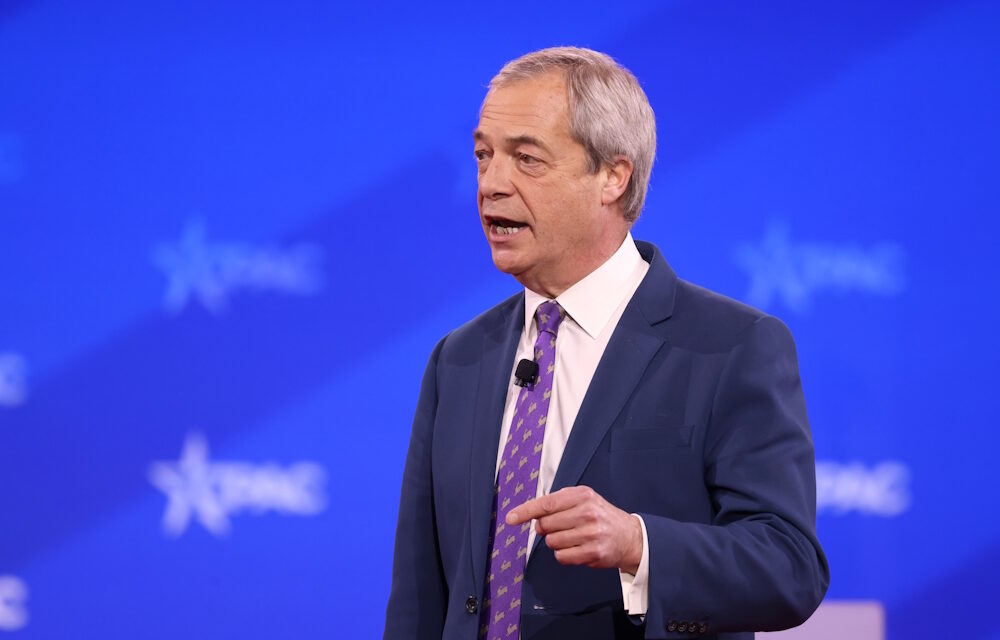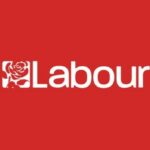We now have the results of the local elections. While we should be glad to see the Labour Party punished, we are still in the era of Red v Blue politics. It is just that the Reform UK Party is a different type of blue. Better than the Tories in theory, but still a party of the mainstream Tory Right on so many issues (especially foreign policy and the economy).
And the syncretic parties (left to hard left on economics, socially conservative on social policy) – the Workers’ Party and SDP – are still not generally making headway. Yet surveys show that there is a big chunk of voters who represent this type of thinking. It is just that the vast majority of them are voting Reform UK, unaware that the party is around 50% Tory Mk 2 and perhaps 50% like them. And if they hadn’t voted Reform UK and backed the authentic version, Labour would have won. That’s the conundrum we see ourselves in.
Social policy (specifically on immigration and crime) now blots out concerns about getting embroiled in Ukraine or risking neoliberals being elected under a Reform banner. That’s the problem. Which TYPE of Reform UK candidate is being elected?
It does and will matter as the party beds down into local Government and has to form administrations without a clear, coherent ideology that underpins why people join it.
I write this as the founder and leader of the Populist Party, rather than a Reform UK supporter. My political roots go back the Third Way, working with Pat Harrington and Graham Williamson. In 1998 our paths diverged over certain aspects of policy, but what I did take from Third Way into the Populists was the concept of Distributism and localism, neither of which I see in Reform UK.
The test for Radical Centrists is to highlight both these and other clear water between us and Faragism. We can appeal to the “parts Reform cannot reach” (to misquote a famous beer commercial) on economics. By standing up for the “small man” we can outpace Faragists on issues such as who owns the media. At the moment we see huge cross-ownership of our legacy media. Where once the TV channels applied for regional franchises, they are now simply “ITV”. Where local newspapers were locally owned, now they are owned by conglomerates like Newsquest. This is a direct result of deregulation during the Thatcher years.
Far from backing the property-owning democracy that she claimed to support, Margaret Thatcher instead allowed ownership to be monopolised in the hands of the few, as a result of listening to the Rothbard, Friedman and Von Mises economic policy. This is rooted in globalism and quite distinct from the Distributism we seek. Reform UK is “Thatcherite” in its thinking, for “free enterprise” not “private enterprise”. There is a difference. The former is globalist and aims to make national governance impossible due to multinational ownership dictating policy, the latter is localised, rooted in communities, families and the individual.
Will Reform UK adopt Distributism? I say no. If one looks at the funding of Reform UK they have accepted huge donations from businessmen, which are reminiscent of those the Tories accept in exchange for keeping Thatcherite economic policy. That these are mainly ex-Tory donors is no accident.
Of course, one might say “how can you contest elections without this level of funding?” and that’s a valid point, but he who pays the piper calls the tune. Now, many ex-Labour voters are now voting for what is essentially a Capitalist party dressed in Populist clothing. Reform, having mined the politicised Tory Leave vote almost entirely, leaving it spent, moved on to left-leaning patriots. This, however, is where the party may face contradictions, for if they do recruit them as members rather than simply voters, some will suggest renationalisation of the utilities as people face ever soaring bills from energy companies. Reform’s big idea is fracking, but ultimately there is no guarantee that energy companies will reduce the cost to the consumer; they may simply scoop up the profits, as “fat cats” do..
The “Red-KIP” members (Redkip being a terms that trended around 2015 for UKIP members with Labour roots) may demand renationalisation in order to fix prices. They won’t get far with that though. Why? Because, in Reform UK, there is no internal party democracy. Members cannot come up with policies that conflict with the leader’s economic plan (well, we should say lack of plan, given the laissez-faire economic schools aversion to state planning).
The party is owned by two men at time of writing this. Nigel Farage (party leader) and Zia Yusuf (party Chairman). It is nigh on impossible to remove them under the constitution of Reform UK. Worse still, as Farage is getting results it would be killing the goose that lays the golden egg (or should that be the frog that lays the magic spawn?).
So, if Reform wishes to tamper with the NHS to create an American style version once in Government (which is possible, despite their denials) who’s going to stop them? Not the members, who will have to vote with their feet by leaving.
Faragism is driven by an almost messianic view of Farage. He has the Midas touch, but often sabotages what he creates. We can see this in his public rows with Ben Habib and Rupert Lowe. Many Reform UK supporters on social media back Lowe’s critique of Farage as a narcissist, yet still back the party as the “only game in town”, despite opposing how they treated him. If one crosses ardent Faragists online they can get very nasty. They take criticism of Dear Leader personally. There must be a psychological term for this kind of behaviour. It reminds me of the Corbynites, with a similar fixation on ONE MAN with cures for all our ills.
By Russell White, Leader of the Populist Party



















